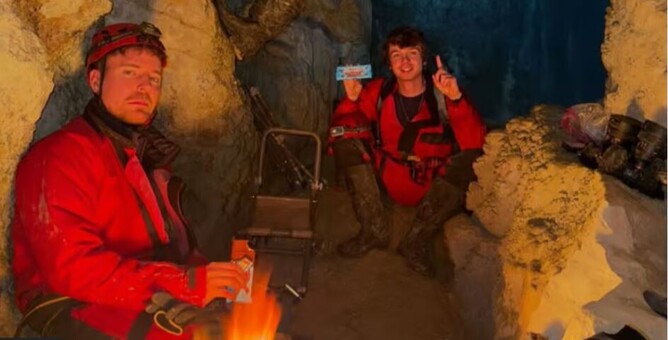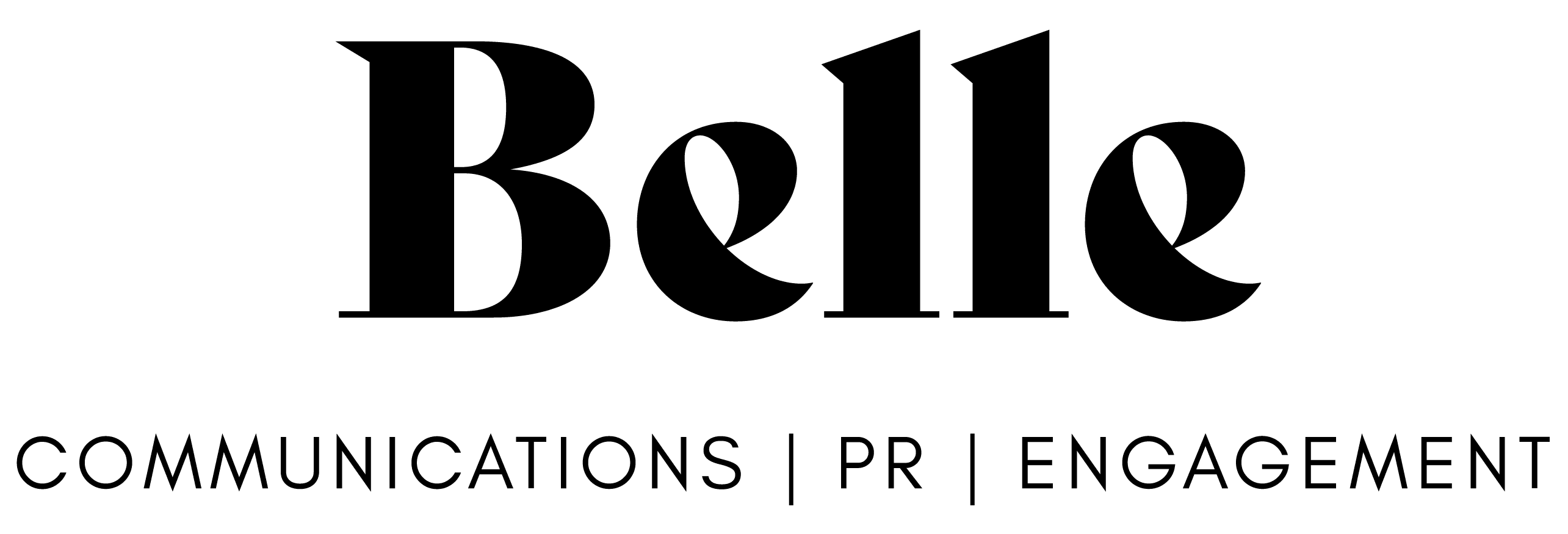Spending seven days underground with the world’s most popular YouTuber ‘Mr Beast’ - and pocketing $50,000 cash - might make for some good work stories for “real life Avenger” Joel from Waitomo Adventures.
That’s because Joel acted as guide for streaming giant Mr Beast’s latest video, ‘7 Days Stranded in a Cave’, which at the time of writing had racked up more than 94 million views.
In the video Mr Beast - real name Jimmy Donaldson - and his team spend seven days in the Waitomo caves, describing their guide Joel as “a real life Avenger”.
He also presented him with $50,000 just before they all left the cave.
“Ten grand for every human you didn’t let die,” he said.
In what may turn into something of a marketing plug for Waitomo Adventures, he also waxed lyrical about his week under New Zealand.
“This wet, cold, rocky, miserable cave can easily transform into the most beautiful trip of our lives,” he said.
Unfortunately, however, both Joel and Waitomo Adventures founder Nick Andreef won’t be spilling the tea about the YouTuber with 312 million subscribers.
“Thanks for your interest but we have an NDA [non disclosure agreement] on us that precludes chatting,” Andreef told the Waikato Times.
“I'm not sure we can give you much at all sorry.”
Thankfully Cambridge-based Belle PR chief Charlotte FitzPatrick was more forthcoming - and described the publicity boost from the Mr Beast video as “the type of exposure brands and businesses dream of”.
Noting the video was close to 100 million views, she said “you can’t complain about that level of coverage”.
“Particularly after the tourism sector was hit so hard by Covid restrictions, a fantastic result.”
FitzPatrick said the video - again at the time of writing - had also been commented on more than 65,000 times - many mentioning both Waitomo and New Zealand.
“The fans have stood up and done Tourism NZ’s job for them,” she said.
“A pretty awesome result for Waitomo Caves.”
She did have some words of advice for Waitomo Adventures too, “act quickly and leverage it”.
She said they should be sharing the video on their social media channels - and replying to comments.
“It’s a fantastic platform to build on. They need to act fast.”
The publicity boon for the region was also welcomed by Hamilton & Waikato Tourism general manager Nicola Greenwell.
“With 95 million views and counting, this is incredible coverage for Waitomo, the mighty Waikato and for New Zealand as a whole,” she said.
“If just 1% of these viewers turned into visitors to the mighty Waikato, the potential economic benefit to the Waitomo and broader Waikato community is incredible.
“Mr Beast is gaining amazing exposure for our magical place.”
So what is an NDA exactly?
According to James & Wells barrister and partner Tonia Brugh, it can be summed up as “a document or agreement between two people that says what I can or cannot do, or can and cannot say”.
Brugh said the documents are “legal and enforceable” in New Zealand, and breaching them can incur serious penalties.
“(It is) very dependent on the terms, but you will get things like financial penalties, you could also have to cease using anything, (and) have to return confidential information”.
She said court action could follow a breach too, if someone believed their reputation or business had been damaged.
She said reasons for people seeking NDAs varied, with some seeking protection for intellectual property, confidentiality about business sales or perhaps for a YouTuber, “to protect a video’s exclusivity”.
There can be another reason for a famous person to seek an NDA too - “not to disclose if they’re an arsehole”.
“It goes to the strength of their brand, and if it damages their brand or business.”
Brugh also said she dealt with a lot of NDAs, “especially if they’re coming out of the United States”.
“I see a lot from those clients,” she said.
University of Auckland Law Faculty lecturer Marcus Roberts had a more succinct description for an NDA.
“It is a way of buying someone’s silence.”
“These agreements serve a useful purpose by allowing companies or employers to share trade secrets or others confidential commercial information (like new products yet to receive a patent) with the confidence that this information will not be leaked to competitors,” he said.
“Another example might be to prevent those involved in the making of a YouTube video from discussing what exactly happened in the video - who won the challenge etc - before the video is released.”
- Courtesy of Waikato Times (Read it HERE)

